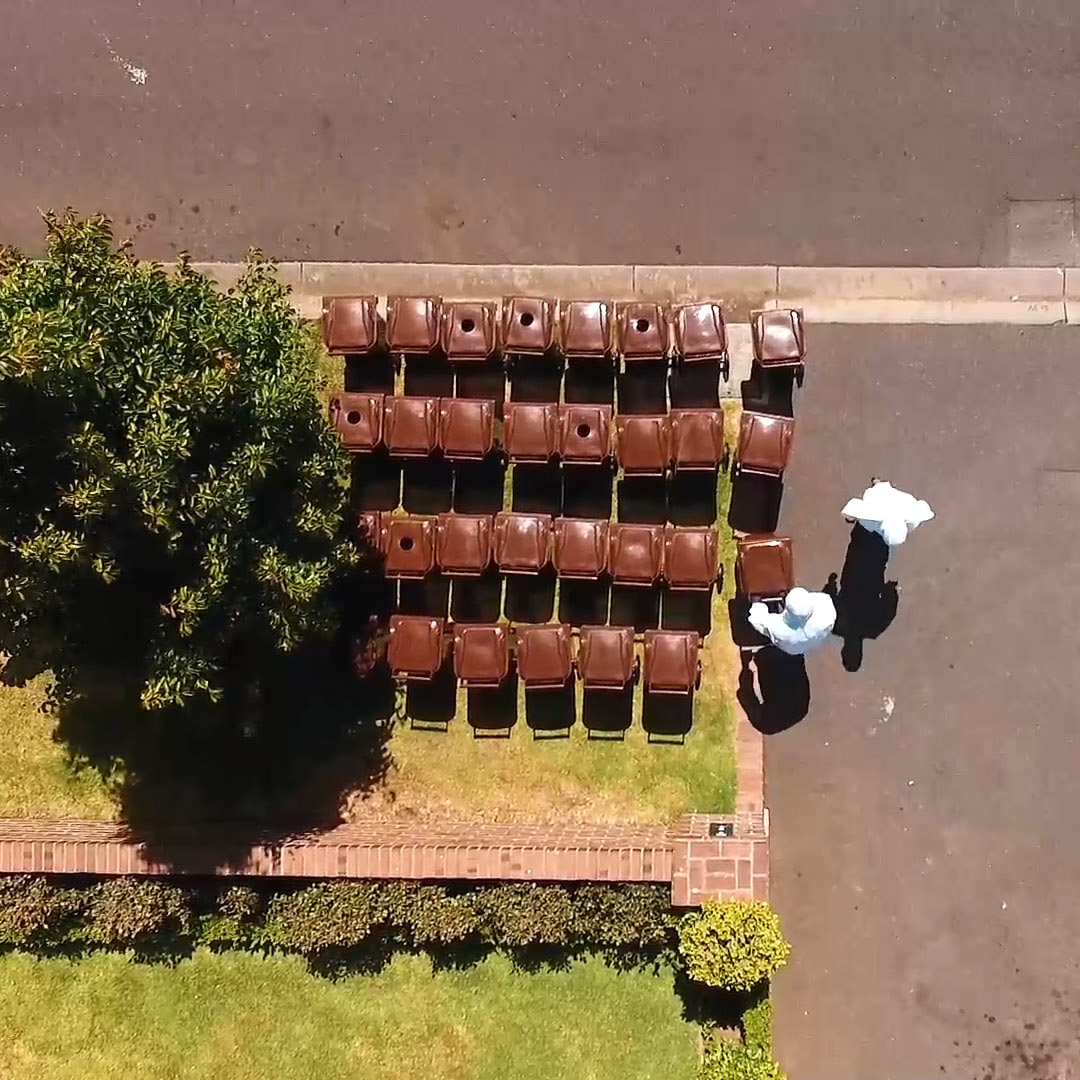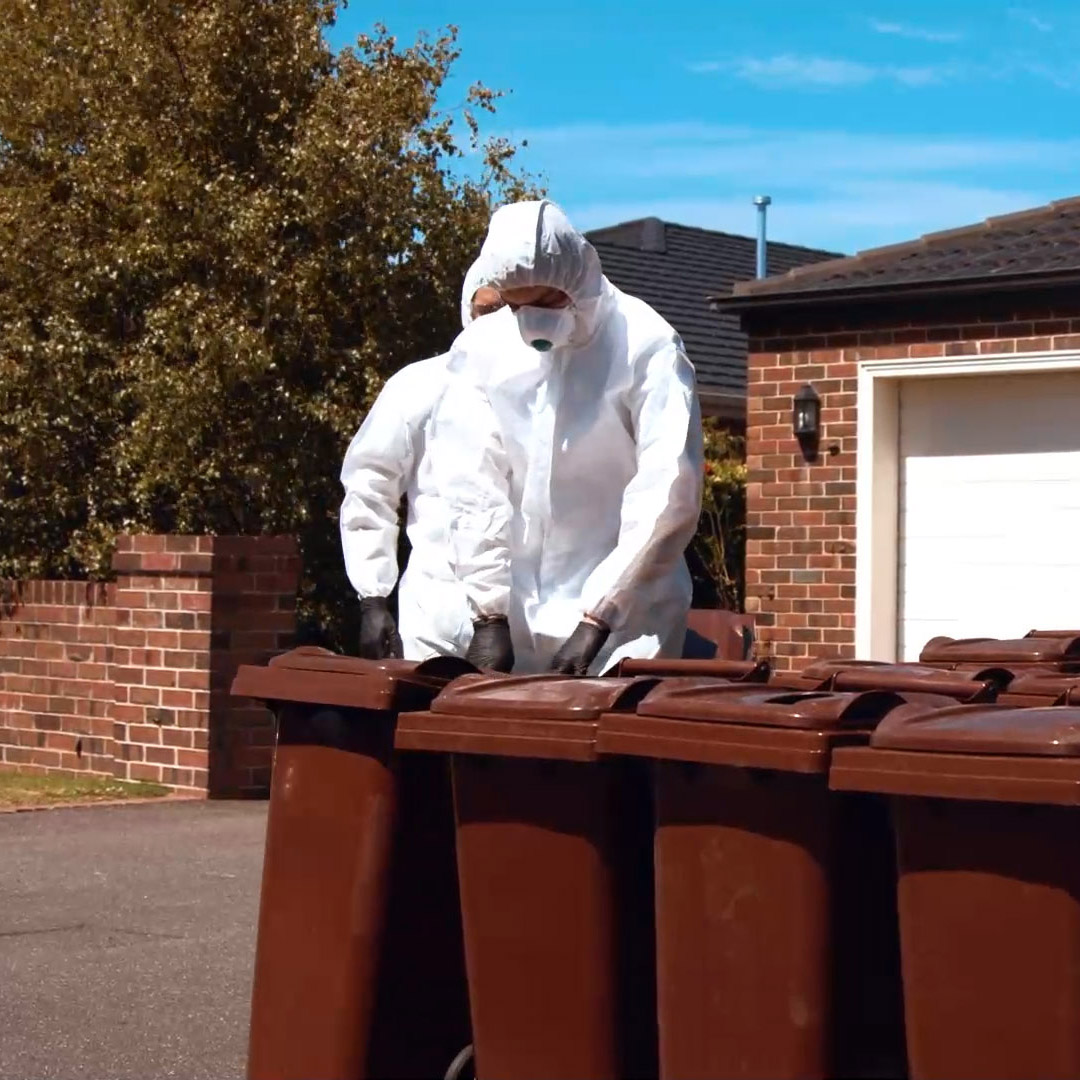Big Brown Bins campaign
Our Big Brown Bins campaign aims to make the invisible visible by highlighting the importance of our sewerage services.



The issue
We know from our engagement work that, when many customers think about Wannon Water, they naturally think ‘water’.
Promoting the value of our water services is easy. Our customers recognise the importance of water each time they fill a glass of water, wash the dishes, clean their hands, take a shower, or water their garden.
We were keen to educate them about the other side of the story because we all know that what goes in, must come out! For those customers in a town that has a sewerage network, one of the components of their quarterly bills is the sewerage service charge.
The detail
We’ve estimated that the average family contributes 2,400 litres to the sewerage network on a weekly basis. This includes sewage from their toilets and wastewater from things like showers, baths, sinks and washing machines.
To make it relatable, we converted the figure to represent 80-litre rubbish bins, meaning the average family would produce 30 bins each week.
We wanted people to be able to visualise the chore of having to cart those out onto their nature strips ready for their weekly collection. Our Communications Team created a fun video series to demonstrate some of the challenges we just might face should 30 big brown bins ever become a reality.
Benefits
The Big Brown Bins campaign focuses on the amount of sewage and wastewater that residential customers produce each week. It helps to explain what is often the hidden component of a customer’s bill.
It also helps to highlight some of the things that should never be flushed down a toilet or sink. Things such as wet wipes, vegetable scraps, coffee grinds, cotton buds and other small objects can cause expensive blockages to your plumbing and our sewerage network.





